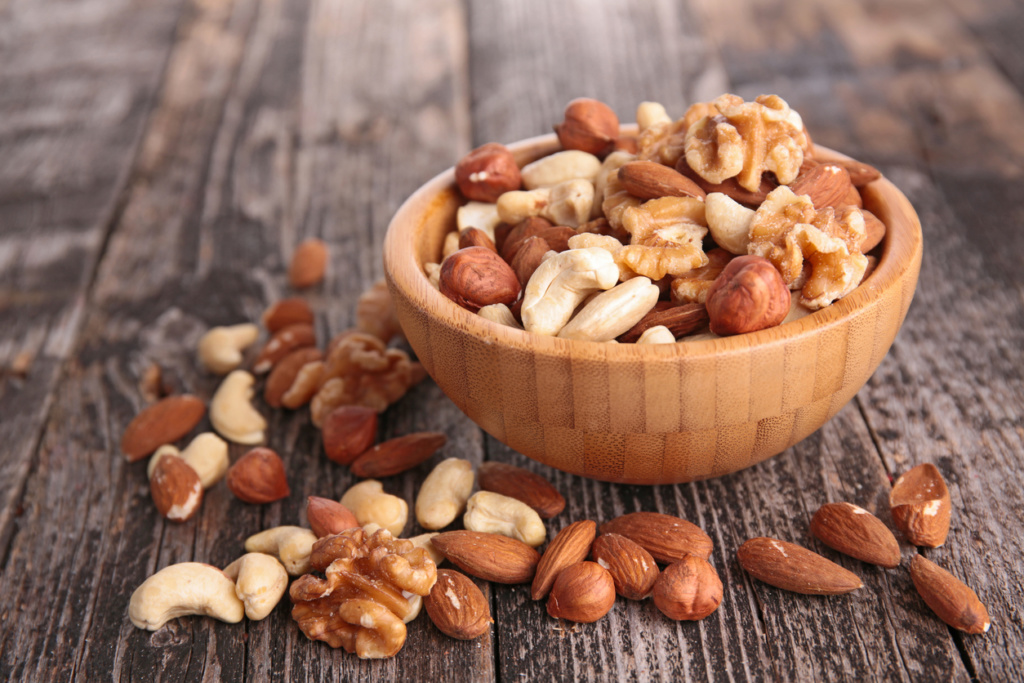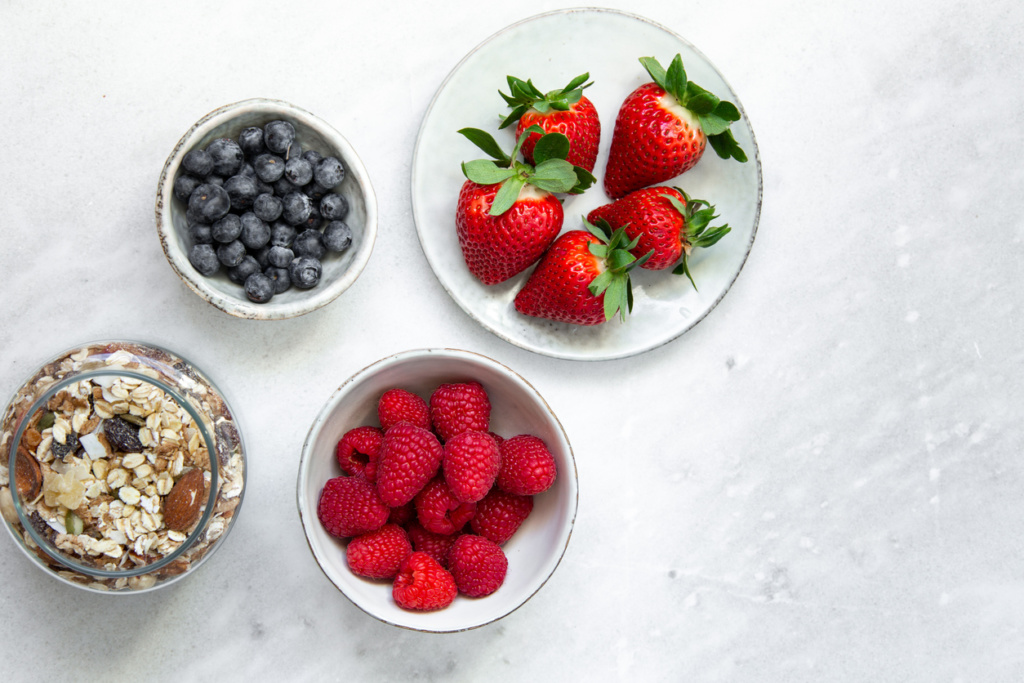Is Your Favorite Food Helping Or Harming You?
Controlling inflammation through your diet looks a lot like controlling for weight gain
Article By Stephanie Harvin, CTW Features
No look at chronic pain would be complete without considering the foods we eat. Not surprisingly, the same foods that contribute to a healthy diet are the ones recommended by experts to help control inflammation.
Although the experts vary on exactly what foods may have more or less inflammatory effects on the body, a Harvard study suggests an anti-inflammatory diet should look like a Mediterranean diet, which consists of:
 Tomatoes
Tomatoes- Olive oil
- Green leafy vegetables, such as spinach, kale, and collards
- Nuts like almonds and walnuts
- Fatty fish including salmon, mackerel, tuna and sardines
- Fruits such as strawberries, blueberries, cherries, and oranges.
And the study revealed that the foods to avoid are the same culprits that have been shown to give you an increased risk of type 2 diabetes and heart disease:
- Refined carbohydrates, such as white bread and pastries
- French fries and other fried foods
- Soda and other sugar-sweetened beverages
- Red meat (burgers, steaks) and processed meat (hot dogs, sausage)
- Margarine, shortening, and lard.
Dr. Frank Hu, professor of nutrition and epidemiology in the department of nutrition at the Harvard School of Public Health, says that while unhealthy foods contribute to weight gain, several studies have suggested that even taking excess weight into account, there was still a link between foods and inflammation.
“Some of the food components or ingredients may have independent effects on inflammation over and above increased caloric intake,” Hu says.
Controlling your weight gain and inflammation at the same time can reduce flare-ups of chronic pain, even if it doesn’t control the pain entirely.
Some experts have suggested that berries may have an active role to play in fighting the inflammation that leads to chronic pain.
Eating antioxidant-rich berries may help your body combat inflammation that could lead to heart disease, according to Dr. David Heber, director of the UCLA Center for Human Nutrition at the University of California, Los Angeles. And they may also lower your chance of developing colon cancer, protect your eye health, and help keep your memory sharp as you age. Berries are a good source of the soluble form of fiber, which helps lower cholesterol, according to Dr. Heber.
All berries have substances in common that make them a valuable part of your diet. The vibrant berry colors signal their health benefits, according to Ruth Frechman, MA, registered dietitian and spokesperson for the American Dietetic Association.
“When you see color, you know there will be antioxidant properties [in the berries],” says Frechman.
It’s not just the antioxidants that give you a lift. Those tiny crunchy seeds that give berries their characteristic texture also provide a health boost. The seeds and the skin contain dietary fiber. In fact, a cup of berries has more fiber than a slice of whole-wheat bread.



